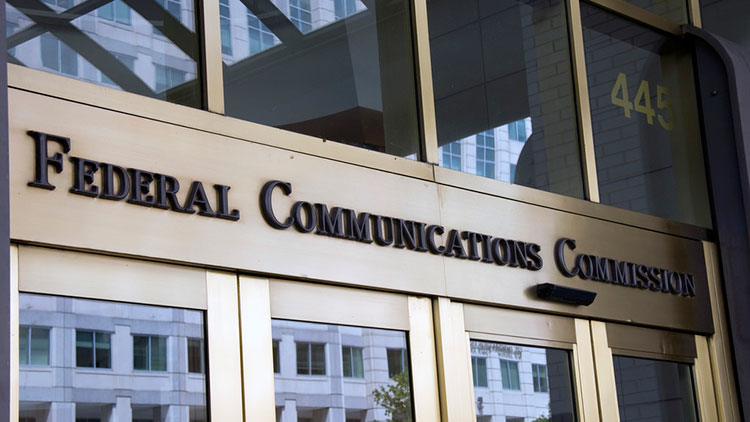Public Knowledge Backs 'Contextual' FCC Review of Program Contracts
The smarter way to stay on top of the multichannel video marketplace. Sign up below.
You are now subscribed
Your newsletter sign-up was successful

Public Knowledge is advising the FCC to take a more nuanced and contextual approach to limiting what it concludes are anticompetitive programming contracts.
That came in comments on the FCC's program diversity Notice of Proposed Rulemaking.
A politically divided FCC back in September voted to propose prohibiting unconditional most favored nation (MFN) and "unreasonable" alternative delivery method (ADM) clauses, which independent programmers and smaller distributors have said hinder access to diverse programming.
Public Knowledge says that "it has become increasingly obvious that incumbent MVPDs hold back tomorrow’s competition through economic coercion, forcing programmers to agree to limit who they sell to and how they sell it," so it is all for the FCC doing something to address that.
but it also says that given the complexity of the marketplace, it is tough to conclude that any particular contract provision is per se unreasonable, or whether a programmer per se lacks sufficient leverage in negotiations with video providers.
"It may be the case that particular provisions are a result of balanced negotiations, reflecting the interests of both parties. It may also be the case that some kinds of contractual provisions are so likely to harm smaller creators or consumers in the short term that they should be prohibited even if some of them may carry some theoretical, longer-term benefit," the group says.
"Therefore, the Commission should consider a contextual, rather than bright-line, approach to enforcement of this proposed rule. Focusing on provisions that are a result of large MVPDs exerting their negotiating power over programmers will allow the Commission to open the idea marketplace without being overly prescriptive."
The smarter way to stay on top of the multichannel video marketplace. Sign up below.
Larger MVPDs argue the marketplace is fine and the FCc, now headed by Republicans who dissented from the NPRM, should terminate the proceeding. Smaller MVPDs say the FCC should indeed take action on the contracts, but also argue for finessing the approach, and say the FCC should first take aim at program bundling, which they say is an even bigger problem.
Contributing editor John Eggerton has been an editor and/or writer on media regulation, legislation and policy for over four decades, including covering the FCC, FTC, Congress, the major media trade associations, and the federal courts. In addition to Multichannel News and Broadcasting + Cable, his work has appeared in Radio World, TV Technology, TV Fax, This Week in Consumer Electronics, Variety and the Encyclopedia Britannica.

